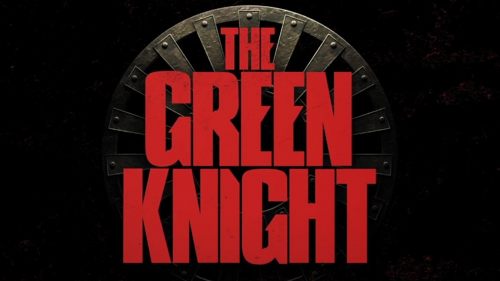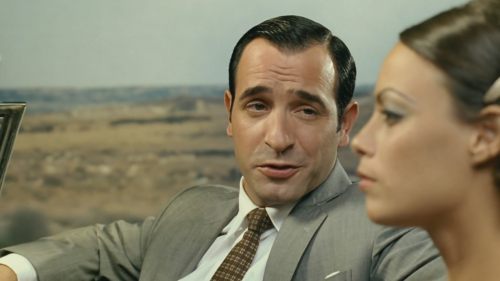MUBI Movies: AIN’T THEM BODIES SAINTS
MUBI is a streaming service catering to cinephiles who believe in quality over quantity. Each day, MUBI adds a new film to its library, where it will stay for 30 days, after which it circulates out and gives room for another new entry. Throughout 2017, we will highlight one MUBI movie per month to help illustrate the catalog’s breadth and importance.
When all is said and done, we may end up seeing David Lowery as one of his generation’s finest directors. Last year, he gave us something as watchable as it was experimental with A Ghost Story. Before that, he turned the crass Disney remake of Pete’s Dragon into a bright, poignant joy. In the context of those two unlikely achievements, his second feature, 2013’s Ain’t Them Bodies Saints (available on MUBI right now), seems even more a statement of artistic intent.
Saints is a Western, a Bonnie and Clyde, story, and a tragedy. And yet, it also manages to subvert those qualifiers enough to almost deny them. I’ve seen many modern Westerns but can’t recall one that hits the Western side quite as hard as this. Saints is a movie out of sync with its setting (some time in the late ‘60s, early ‘70s), feeling so strongly like a turn of the century story that modern objects like cars manage to feel unnatural. There is a crime involving two lovers, but their story is not about rebellion or wild abandon. Attuned viewers will catch on early that things will not end well, but the film’s biggest emotion come from notes of grace and forgiveness from those who live rather than the suffering of those who do not.
This isn’t Lowery’s first feature, but it did give him his first real exposure on a larger stage, thanks to its striking cinematography and the star power of Casey Affleck, Rooney Mara and Ben Foster. Considering that, what a bold statement this is. Saints converses in typical tropes, but turns left at all times, transforming a taken for granted movie into a tonal poem that doesn’t forsake entertainment for its own artistic musings.
Part of that must be the film’s cast, undoubtedly a huge aspect of the film’s out of time feel. Affleck and Mara (who would reunite with completely different personas in A Ghost Story) create a world of emotion in almost no time at all. Lowery offers the introductory portion of their story almost in fast-forward, yet their connection hooks us right away. The film’s biggest boon and thematic center, however, comes from a surprisingly modest and subdued Ben Foster. An actor nearly typecast as wild and dangerous, Foster gets an opportunity here to play toward kindness and understanding. Since he’s essentially the lawman standing between Affleck and Mara’s reunion, Foster subverts both his character trope and his perceived persona as an actor. Think of Karl Urban’s “villainous” turn in Pete’s Dragon. This is something Lowery excels at.
Saints is pure Cinema from a strong artist who will have much more to offer in the future. You don’t look back on it with guarded apologies for inexperience that will be smoothed out later. In comparison with Lowery’s output since, Saints is in perfect keeping with Lowery’s craft and dedication to thinking outside the box and surprising us with original takes on old ideas, even ones as old and hoary as a ghost under a sheet. It’s a gem of a film, I highly recommend watching or revisiting now, preferably with a rainstorm or glass of whiskey to go with.


